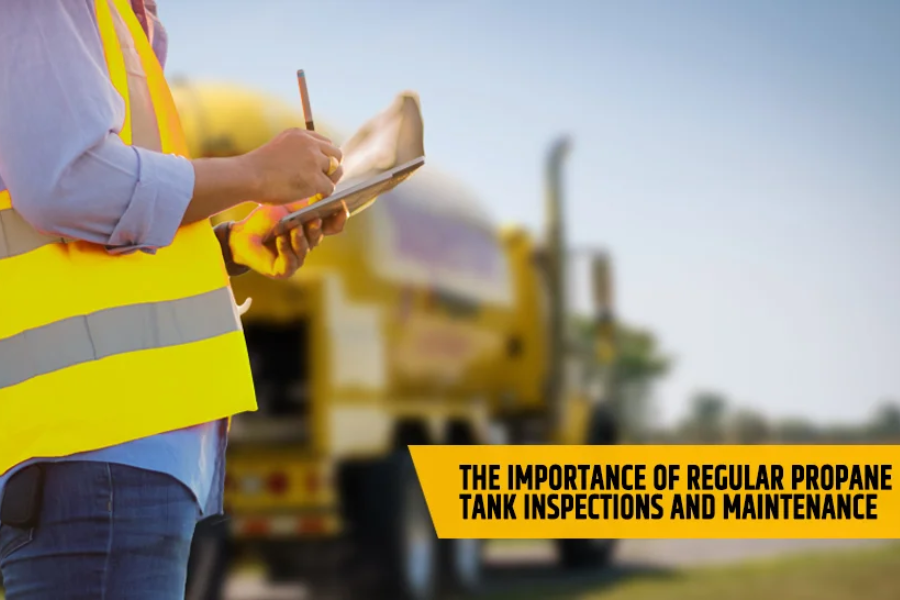The Importance of Regular Propane Tank Inspections: What You Need to Know
Why Inspect Your Propane Tank Regularly?
Regular inspections of propane tanks are imperative to ensure the safety and efficiency of your propane system. Propane services, such as those offered by Propane Services, emphasize the importance of routine checks to prevent potential hazards. Propane is a highly efficient energy source, but it requires proper maintenance to function safely like any fuel system.
Routine inspections can extend the lifespan of your propane tank, help you avoid costly repairs, and ensure the system performs efficiently. The National Propane Gas Association (NPGA) stresses that regular maintenance is key to preventing propane leaks, which can be dangerous and costly. Timely inspections can catch minor issues before they become major problems, saving you time, money, and ensuring peace of mind.
Common Issues Detected During Inspections
Regular propane tank inspections can detect and address several common issues. One of the most frequent problems is corrosion, which can weaken the tank and increase the risk of leaks. Inspectors also check for faulty valves, damaged regulators, and signs of wear and tear on connectors. Identifying these issues early can prevent potentially hazardous situations and ensure uninterrupted propane supply.
Moreover, inspectors often find accumulated debris or dirt that can obstruct venting and air intakes, affecting the tank’s efficiency. They also look for any signs of gas leaks using specialized detection equipment. Ensuring all components are in good working order allows the system to function optimally, providing consistent and safe propane usage.
Safety Guidelines for Propane Tank Inspections
Adhering to safety guidelines during propane tank inspections is crucial. Always ensure that inspections are carried out by qualified professionals who follow recommended safety standards. Homeowners should avoid attempting to inspect or repair propane systems themselves, as this can lead to accidents or further damage. Additionally, it is critical to ensure enough ventilation and keep combustible things away from the tank area.
Inspectors will follow specific procedures such as checking for visible signs of damage, ensuring proper fittings and connections, and using leak-detection solutions to identify gas leaks. They will verify that the tank is pressure-regulated and that safety relief valves function properly. Consistent adherence to these safety measures ensures a secure and reliable propane system.
Choosing a Professional for Your Inspections
Selecting the right professional for propane tank inspections is vital for maintaining safety and performance. Look for certified technicians with experience in handling Propane systems. Additionally, ensure that the service provider adheres to industry standards and uses proper safety equipment during inspections.
Reading reviews and getting referrals can facilitate finding trustworthy experts. Reputable service providers will carry out in-depth examinations, provide guidance on maintaining your propane system, and schedule additional inspections. In addition to offering continuous safety assurance, setting up a regular inspection schedule with a reputable supplier will improve your propane cost management.
Conclusion
Regular propane tank inspections ensure your propane system’s safety, efficiency, and longevity. By identifying potential issues early, following safety guidelines, and choosing qualified professionals, homeowners can enjoy the many benefits of propane with minimal risks. Incorporating routine inspections into your maintenance schedule ensures a reliable, cost-effective, and safe energy solution for your home.
“Explore insightful articles and stay updated with the latest trends at NewsletterTribune.com.”






